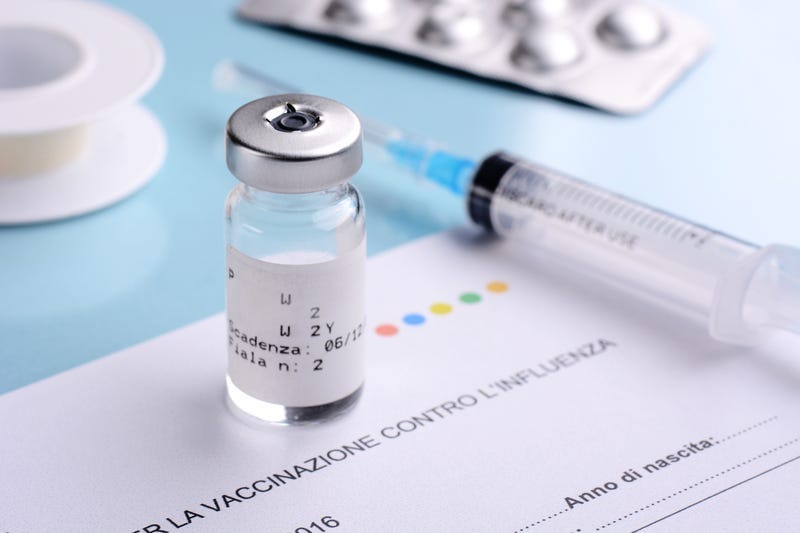
LAS VEGAS (AP) — Community advocates and health officials are working to engage with Nevada’s diverse communities and reach out in Spanish and other languages as the state lays plans for mass coronavirus vaccinations.
Erika Marquez, a University of Nevada, Las Vegas public health professor and vice chair of the Nevada Minority Health & Equity Coalition, said merely translating information about the vaccine into other language is not enough.
“We had to engage these communities in the conversation, and that takes some time,” Marquez told the Las Vegas Sun.
Nevada has a 29% Latino population, with a fast-growing group of Asian American and Pacific Islanders, of which 70% speak a language other than English at home, according to data shared by Asian and Pacific Islander American Vote.
Marquez’s coalition has been working throughout the pandemic to share information encouraging physical distancing, hand hygiene and masks with diverse communities and is preparing vaccine education materials in English, Spanish, Vietnamese, Korean, Chinese and Thai.
The group plans to release short videos in a few weeks featuring community leaders and culturally relevant information for Black, Latino, Native American, Asian and Pacific Islander communities along with LGBTQ people and those who are deaf.
She said they’re working to convey scientific information in a relatable and easy-to-understand manner.
“Our end goal here is to protect everyone in our community, and in order to do that and to make sure we address any of their concerns, it has to be multicultural and multilingual,” she said.
In other outreach efforts, the Southern Nevada Health District has been sharing information about vaccines in English and Spanish and is reaching native Spanish speakers through an initiative called “Esta En Tus Manos” (“It’s In Your Hands”) and the district’s top health officer, Dr. Fermin Leguen, has been giving interviews in Spanish to Spanish-language media outlets.
PHLV, a radio station reaching the Filipino community in Las Vegas, has been spotlighting the vaccines in its programming. One host, Marife Aczon-Armstrong, a nursing professor at Roseman University of Health Sciences and founding president of the Asian American Pacific Islander Nurses Association of Nevada, has brought on her university colleague, immunologist Manas Mandal, to explain the vaccine on air.
Aczon-Armstrong has recounted on the radio how as a child in the Philippines, she and other schoolchildren would line up to get vaccines, or bakunas, in the upper arm and how Filipino-Americans connect when they see each other’s scars.
“I think in our minds, we trust the people who are giving us the vaccination,” she said. “It’s supposed to be good for us.”
